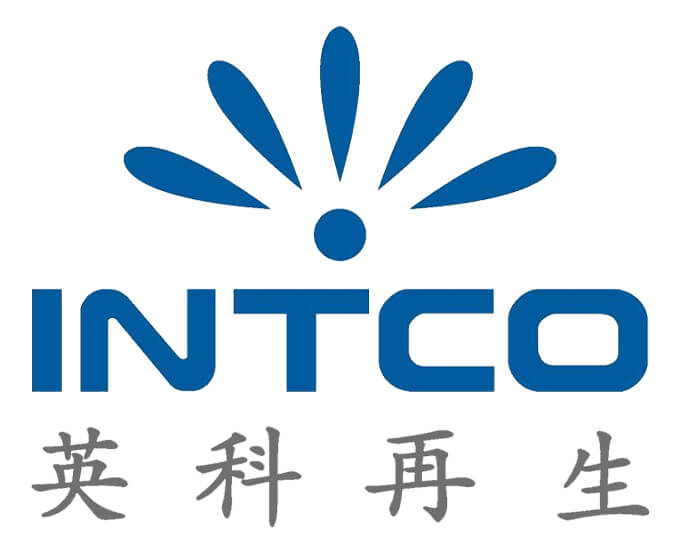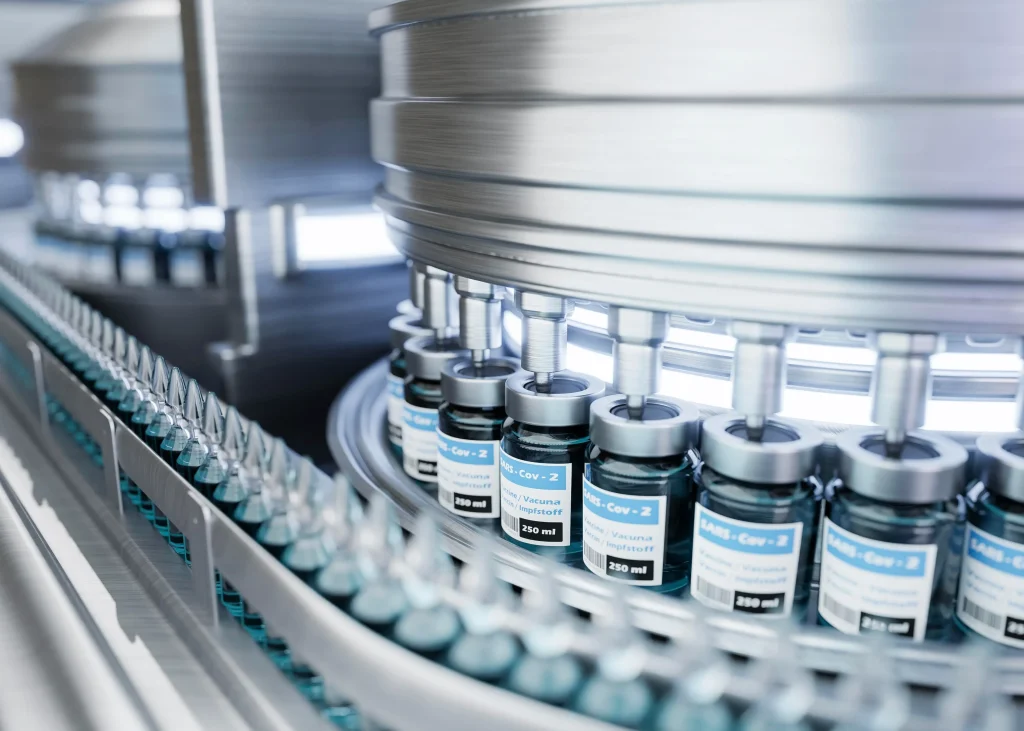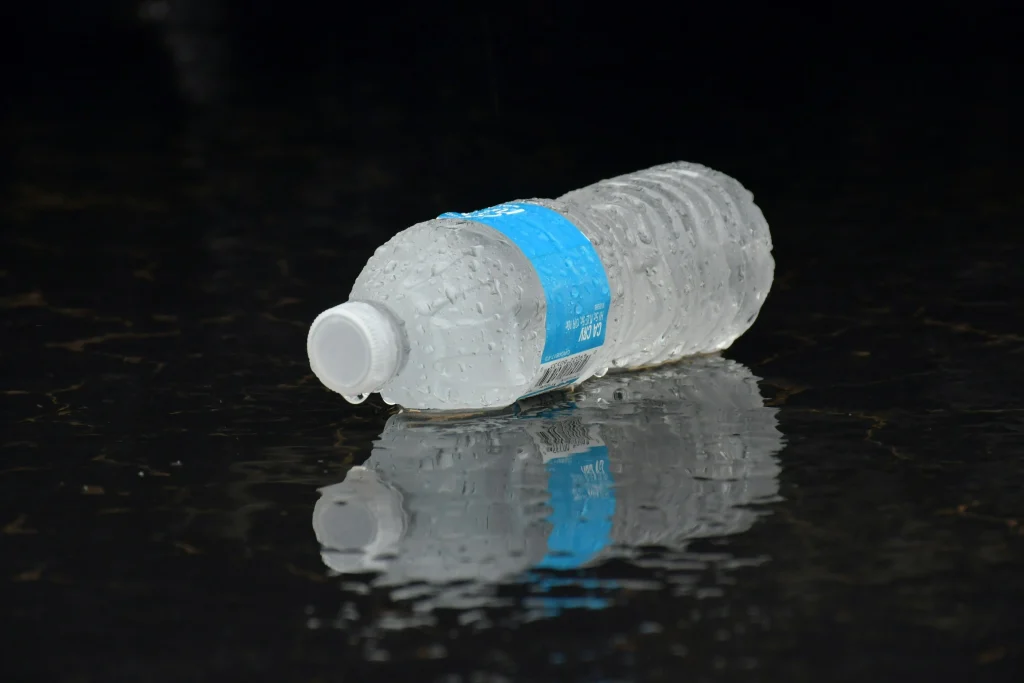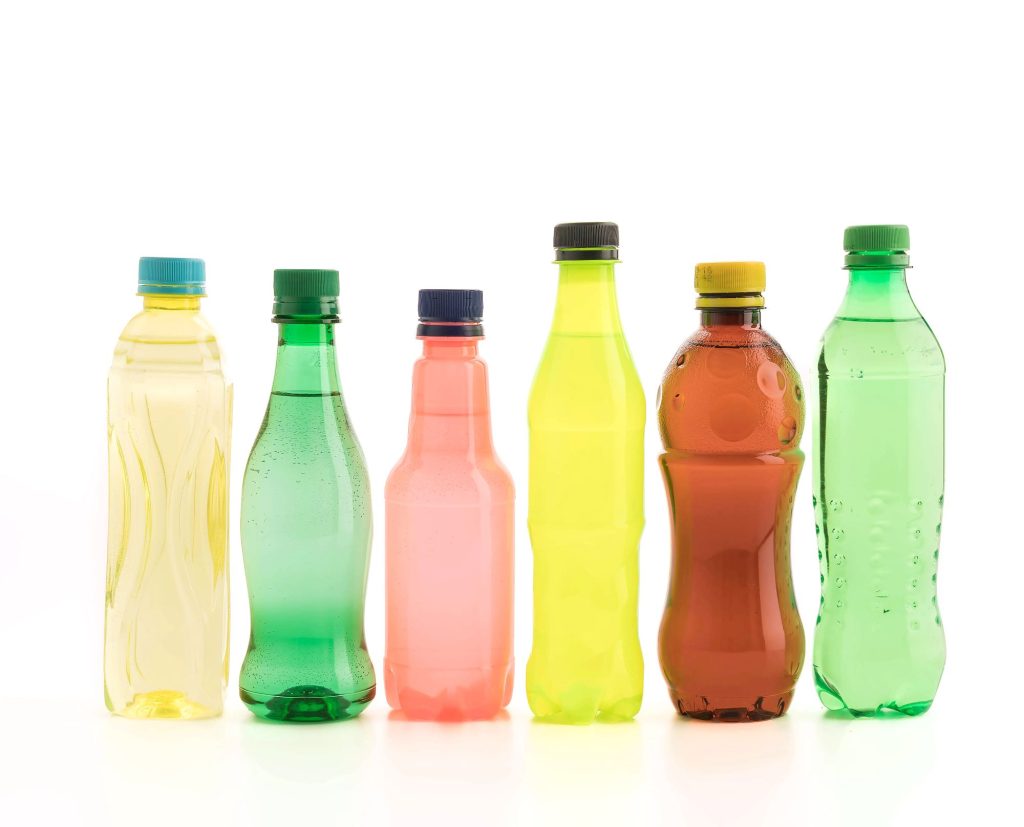Polystyrene is made to last strong. This makes it hard to compost properly because it doesn’t break down easily as other biodegradable materials do in compost systems.
Furthermore, polystyrene properties can interfere with composting processes. The microorganisms necessary, for decomposing matter have difficulty adjusting to the existence of polystyrene. This disruption hampers the effectiveness of composting systems indicating that polystyrene should not be handled in the same way as biodegradable items. Recognizing these complexities underscores the reasons why polystyrene is not conducive, to composting.
The Durable Nature of Polystyrene
Polystyrene is known for its durability which comes from its makeup that helps it withstand physical impacts as well, as changes in temperature and environmental factors like moisture and sunlight exposure. This quality makes polystyrene a popular choice in packaging materials and insulation for keeping products safe and secure. However, the very features that make it a desirable option, for manufacturers also make it less biodegradable when disposed of.
Although polystyrene durability is advantageous, in settings it poses a problem when it comes to waste disposal since it can persist for centuries in landfills without breaking down like natural materials do.
The Impact on Composting Processes
Polystyrenes’ distinct makeup hampers the natural decomposition process, for compost development by forming a barrier in the mix that limits matter access, to air and moisture.
Polystyrene essentially disrupts the uniformity of compost decomposition. Is not ideal, for incorporating into waste recycling efforts due to its limitations in promoting sustainability practices in waste management. For individuals committed to eco-waste disposal methods and seeking solutions for managing organic waste effectively, it is crucial to be aware of the negative impact of polystyrene, in compost setups.
Is Polystyrene Biodegradable or Recyclable?
One common query, about polystyrene, pertains, to its biodegradability and recyclability status. There is a consensus that polystyrene typically does not decompose within a timeframe; however, individuals often find themselves navigating the complexities of recycling this substance.

Challenges in Biodegrading Polystyrene
Breaking down polystyrene through biodegradation is still a challenge to achieve successfully due, to its structure which makes it hard for microbes to break down easily in the environment over long periods compared to organic waste that decomposes relatively quickly within weeks or months.
This problem highlights the need to create waste disposal solutions because traditional composting methods are facing difficulties, with materials that do not decompose naturally; therefore it is crucial to explore approaches to enhance sustainability overall.
Misconceptions About Recycling
Recycling polystyrene sparks debate due, to misunderstandings surrounding the process’s viability and the challenges involved in its widespread adoption. The main obstacles lie in the complications of collecting and processing the material. Issues like contamination, from food waste and other residues hinder efficient recycling efforts.
Additionally the low density and cumbersome quality of expanded polystyrene (EPS) contributes to challenges, in recycling processes that lead to inefficiencies and high costs, in transportation. This has resulted in areas not having the infrastructure to facilitate extensive polystyrene recycling initiatives creating a widespread belief that recycling polystyrene is ultimately futile.
The Importance of Recycled Polystyrene (rPS)
Industries are increasingly interested, in recycled polystyrene (rPS) aiming to find material sources, for their products and processes by utilizing it in waste management practices, which can shed light on the advantages of rPS compared to conventional polystyrene options.
The Benefits Of Traditional Polystyrene
Recycling polystyrene has benefits to consider! Firstly rPS plays a role, in lessening our footprint by diverting polystyrene waste away, from landfills. This makes it an eco-friendly choice that promotes sustainability. Moreover, rPS typically possesses characteristics of standard polystyrene allowing it to be utilized efficiently across different applications without compromising on quality.
Recycled polystyrene products, like RPS B Blue Green 01 demonstrate the effectiveness of using recycled materials in XPS extruded insulation foam boards.INTCOFs recycled PS pellets are tailored for this purpose. Play a role, in saving energy and preserving resources.
Applications in Industries
Recycled styrofoam is widely used in sectors for purposes due, to its versatility and flexibility in creating insulation products and packaging solutions as well as consumer items. For instance, INTCO recycled styrofoam pellets are endorsed by certifications such as GRS REACH ROHS making them dependable alternatives to GPPS, for insulation panels that provide color and versatile shapes.
This new method of utilizing recycled materials offers a chance, for companies looking to support sustainability efforts. By doing this the circular economy could be strengthened, reducing the need, for materials and creating a more environmentally friendly manufacturing process.
In terms and taking into account the drawbacks associated with the compostability and biodegradability of polystyrene material; opting for recycled polystyrene enables industries to pave the way, toward a more environmentally friendly future while maintaining top-notch quality standards.
Intco Plastic’s Innovative Solutions for rPS
As professionals in the field of recycling and sustainability, you are likely aware of the ongoing push to find innovative solutions for managing plastic waste. At the forefront of this initiative is Intco Plastics, a leading provider of recycled polystyrene (rPS) products. Committed to preserving our environment, Intco specializes in manufacturing high-quality recycled PS pellets derived from global EPS waste foam. Through advanced technologies, Intco not only diverts plastic from landfills but also provides viable alternatives for various applications, particularly in insulation materials.

One standout product from Intco is R-PS-B-Blue Green-01, which exemplifies the company’s dedication to quality and sustainability. These recycled PS pellets are designed to replace general-purpose polystyrene (GPPS) in extruded insulation foam boards. With certifications such as GRS, REACH, and ROHS, the products ensure compliance with stringent environmental standards while maintaining exceptional mechanical properties comparable to traditional materials. This focus on recycling and sustainability positions Intco as a pioneer in the industry, promoting eco-friendly solutions that align with the increasing demand for sustainable practices.
Intco Plastics demonstrates the advantages of utilizing recycled materials by embracing approaches, to practices in manufacturing processes. Showing a dedication to environmental conservation and efficient resource management through the use of recycled polystyrene (rPS). Their focus, on reusing plastic materials not only addresses the issue of waste but also emphasizes the significant role rPS can play in promoting sustainable product development.
Conclusion: Moving Beyond Compostability
Exploring the use of recycled polystyrene presents opportunities to tackle the sustainability issues linked to plastics effectively.\ Acknowledging the limitations of polystyrene, in compost systems, at a theoretical level empowers industries to shift towards eco alternatives by integrating rPS into their practices.
How Can rPS Impact Environmental Sustainability?
Using recycled polystyrene significantly reduces the need, for produced plastic. Helps decrease the environmental impact of manufacturing processes by diverting polystyrene waste from landfills and reducing pollution during production activities. The integration of rPS creates a sustainable waste management approach as industries adapt to environmental standards and consumer demand, for eco-conscious products. It also offers an edge by enhancing brand loyalty and customer confidence in companies that prioritize sustainability.
What Are the Economic Benefits of Using rPS?
Using recycled polystyrene can bring benefits well for businesses. It helps cut down on raw material expenses and boosts their image among environmentally conscious customers too! The versatility and top-notch quality of rPS make it a great fit, for uses like insulation panels and packaging materials. Even in making consumer goods stand out. When companies opt for rPS usage it not only improves their effectiveness but also opens up opportunities, for saving resources in the long run.
Is rPS a Viable Alternative in Various Industries?
rPSs adaptability makes it a popular choice, in industries such as construction and packaging thanks to its versatility and environmental benefits. In the construction sector, specifically recycled polystyrene plays a role in creating insulation materials that meet standards, for thermal conductivity and compressive strength. Moreover, in the packaging industry, rPS enables manufacturers to offer eco-packaging solutions that comply with industry regulations without compromising on functionality.












